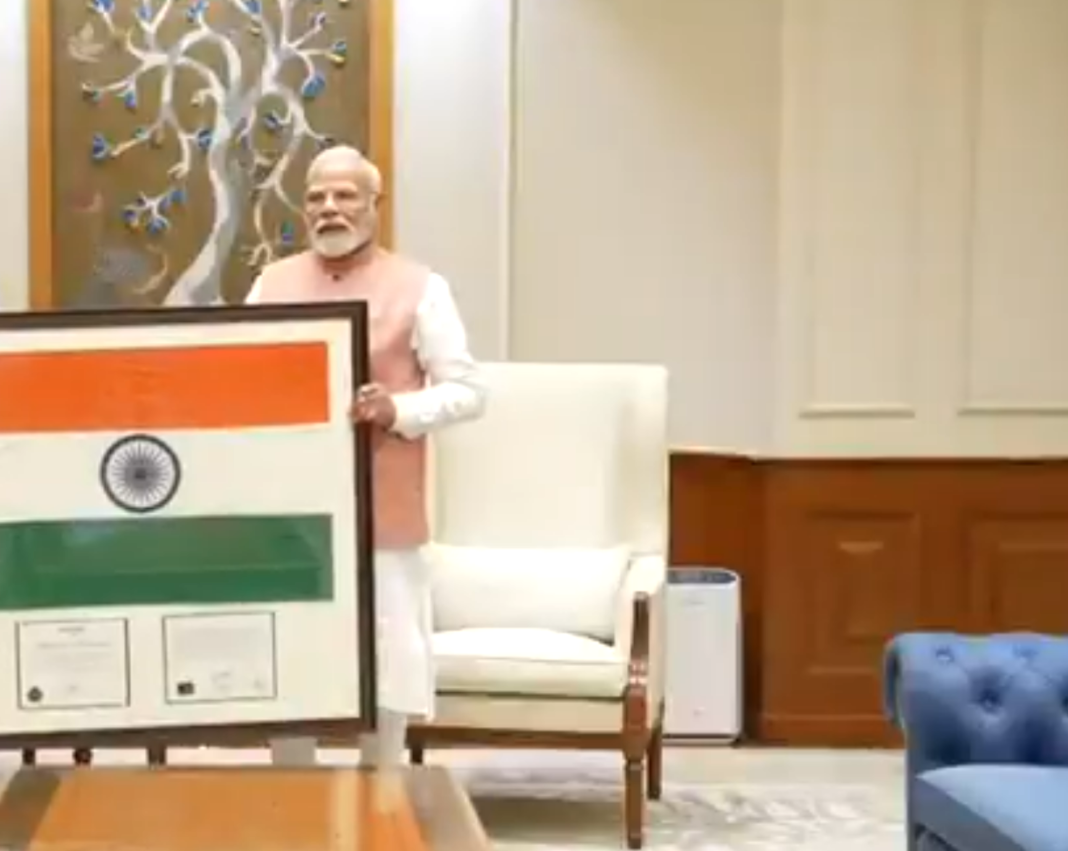Delhi High Court Blocks Disclosure of PM Modi’s Academic Record
In a significant ruling, the Delhi High Court has set aside an eight-year-old order of the Central Information Commission (CIC) that required the disclosure of Prime Minister Narendra Modi’s bachelor’s degree details. The court held that Delhi University (DU) is not bound to share his academic record or the records of other students from that year, citing privacy concerns.
The judgment, delivered on Monday, August 25, brings to a close one chapter of a long-standing legal battle that began in 2016 with a Right to Information (RTI) request. The matter, however, may now reach the Supreme Court upon appeal.
Background of the Case
The controversy stems from an RTI application filed in 2016 seeking the academic records of all students enrolled in the Bachelor of Arts (BA) program at Delhi University in 1978—the year in which Modi, according to his election affidavits, completed his degree.
While the university denied the request, citing rules prohibiting the disclosure of third-party personal data, the CIC rejected that reasoning and directed DU to allow inspection of the records. The CIC’s argument was that the Prime Minister’s educational qualifications are a matter of public interest, and documents maintained in university registers qualify as public records.
Arguments in Court
Delhi University challenged the CIC’s order before the Delhi High Court, represented by Solicitor General Tushar Mehta and a legal team. Mehta argued that releasing the academic records of 1978 would compromise the privacy of thousands of students who studied in that batch. He cautioned that the move could set a “dangerous precedent” that might affect the functioning of public institutions across the country.
Mehta also stressed that while DU was willing to present the Prime Minister’s records before the court for verification, they should not be disclosed to the public. According to him, applicants seeking the information were motivated by political agendas or publicity, and the RTI Act does not require such disclosure when it conflicts with privacy protections.
On the other side, activists seeking the records contended that a degree conferred by a public university is a qualification granted by the state and should not be treated as a private document. They argued that transparency laws do not allow authorities to question the intent of an RTI applicant, and that the Prime Minister’s educational qualifications are of vital public interest, particularly given the position he holds.
Court’s Reasoning and Decision
The Delhi High Court reserved its judgment in February this year and pronounced it on August 25. In its decision, the court sided with the university, holding that privacy concerns outweigh the demand for disclosure in this case. It emphasized that allowing public inspection of such records could create far-reaching consequences for student privacy, not just for the Prime Minister but for every student whose data is maintained in institutional records.
The judgment means that the Prime Minister’s academic records will remain confidential unless the matter is challenged and overturned in the Supreme Court.
Wider Implications
The ruling has reignited the debate around the balance between the right to privacy and the right to information in India. While the CIC had emphasized transparency for public figures, the High Court underscored that even public leaders are entitled to protection of their personal data under privacy laws.
This decision also adds to the ongoing political discourse around Modi’s educational qualifications, an issue that has periodically resurfaced in national debates. With the case potentially headed to the Supreme Court, the question of whether the public has a right to access the Prime Minister’s academic details remains unsettled.
What Lies Ahead
Activists are expected to appeal against the Delhi High Court’s verdict, which could set the stage for a landmark judgment from the Supreme Court on the clash between transparency and privacy in the context of public figures. Until then, Delhi University is not required to disclose Prime Minister Modi’s degree or academic records from 1978.
The outcome in the apex court will likely determine how far India’s transparency regime under the RTI Act can go when weighed against individual privacy—even for the country’s highest office.








